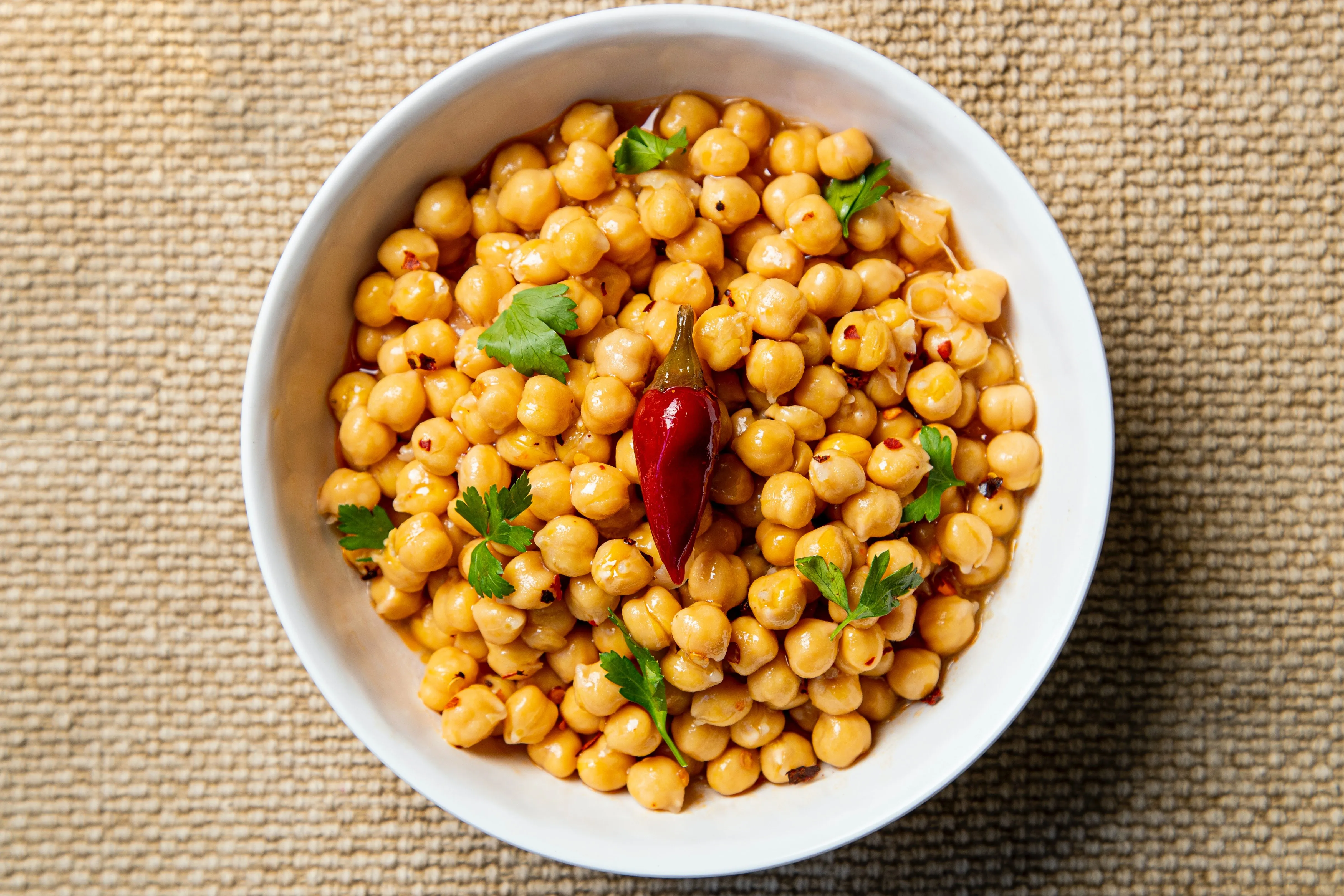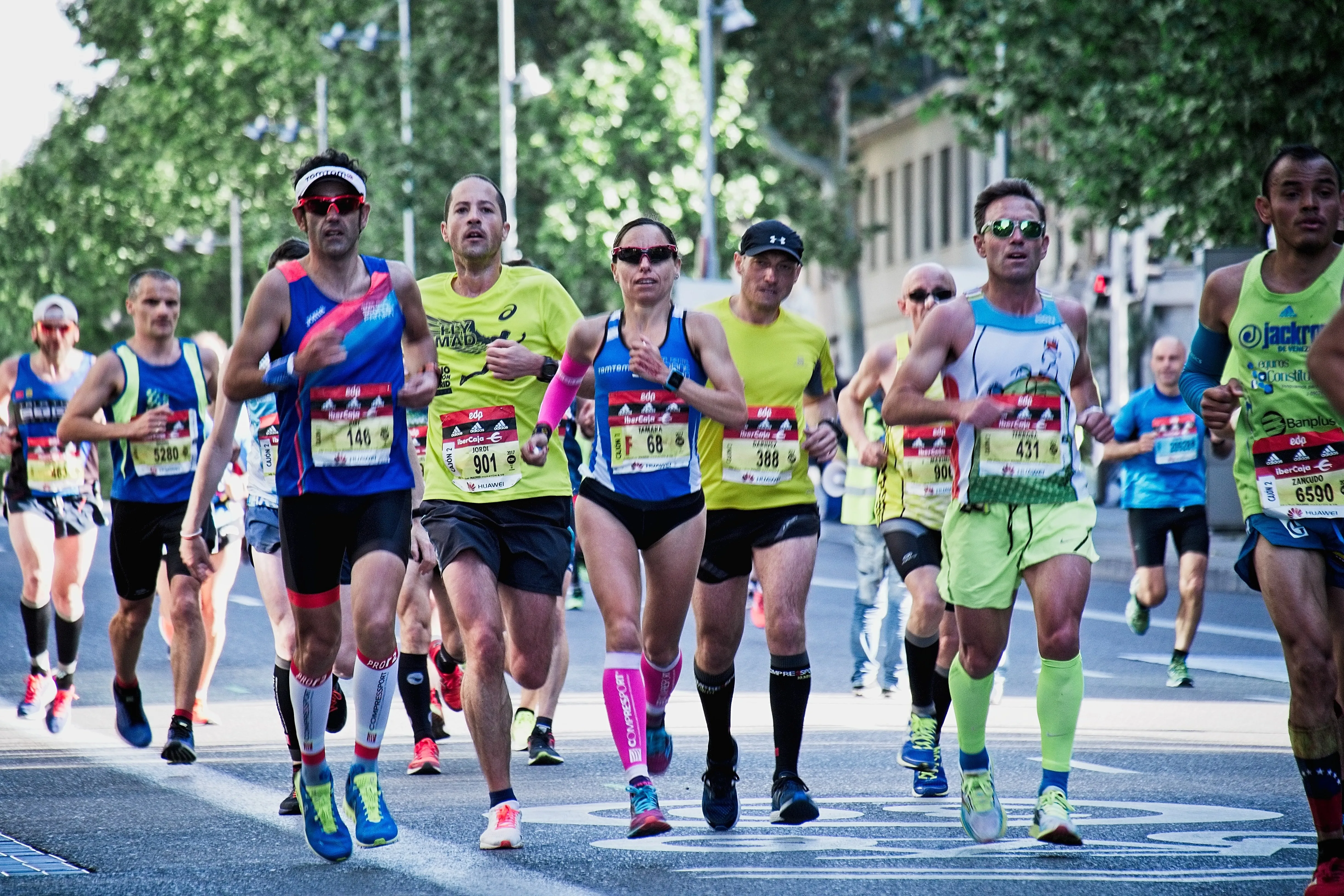Fuelling for the Long Run: Nutrition Tips for South African Runners

To the uninitiated, running might seem like a simple sport — just lace up your shoes and go. But those who run, particularly long distances, know that it's a complex balance of training, recovery, and nutrition. Your body needs the right fuel to power those miles, aid in recovery, and maintain overall health.
When thinking about nutrition, it's essential to focus on locally available and culturally relevant foods. For South African runners, this means taking advantage of the rich, diverse cuisine and local superfoods the country offers. This article will serve as a guide to optimizing your diet for endurance running, South African-style.
Understanding the Basics: Macronutrients for Runners
There are three vital macronutrients every runner needs: carbohydrates, proteins, and fats, each serving a unique role.
Carbohydrates are your body's preferred source of energy during running. They're stored in your muscles as glycogen and are crucial for long-distance runs.
Proteins are necessary for muscle repair and recovery post-run. They help restore muscle tissues damaged during strenuous running sessions.
Fats are an excellent energy source for long endurance runs. They also aid in vitamin absorption and provide essential fatty acids.
Carbohydrate-rich South African Foods
Carbohydrates should make up about 60% of a runner's daily caloric intake. South African cuisine offers numerous sources:
1. Pap (Maize Meal)
A staple in many South African homes, pap is a high-carb food that makes an excellent pre-run meal, especially when paired with a protein source like eggs or beans.
2. Sweet Potatoes
Sweet potatoes are an excellent source of complex carbohydrates and are rich in vitamins and fiber. They can be roasted, boiled, or used in stews.
3. Brown Rice and Whole Grain Bread
Replace white rice and bread with their whole grain alternatives for a slow-release energy source that will help sustain your runs.
Protein-Packed South African Foods
Runners should aim for 15-20% of their daily calories from protein to support muscle recovery. Here are some local favorites:
1. Biltong
A beloved South African snack, biltong is dried, cured meat packed with protein. It's an excellent post-run snack to kickstart recovery.
2. Beans and Lentils
Beans and lentils are not only rich in protein but also provide good amounts of iron and fiber.
3. Ostrich Meat
Considered a superfood, ostrich meat is low in fat and cholesterol but high in protein. Plus, it's a rich source of iron, vital for endurance athletes.
Healthy Fats in South African Cuisine
Fats should make up 20-25% of a runner's diet. They provide essential fatty acids and fat-soluble vitamins.
1. Avocados
Avocados are packed with monounsaturated fats, which are heart-healthy, and help with inflammation and recovery.
2. Nuts and Seeds
Nuts and seeds like almonds, walnuts, flaxseeds, and sunflower seeds are high in essential fatty acids and make great on-the-go snacks.
3. Snoek
This local fish is rich in omega-3 fatty acids which help reduce inflammation, improve heart health, and enhance brain function.
Hydration
Staying hydrated is as important as eating right. Water is vital for transportation of nutrients, temperature regulation, and joint lubrication. Always carry a water bottle during your runs. Additionally, consider rehydration solutions or sports drinks for long runs to replenish electrolytes.
Timing Your Meals
Knowing when to eat is just as important as knowing what to eat. Here's a general guide:
Pre-Run: Consume a high-carb, low-fiber meal 2-4 hours before running to fuel your body. For early morning runners, a light snack or a banana can suffice.
During Run: For runs longer than 60-90 minutes, consider carbohydrate-rich snacks or sports drinks to maintain energy levels.
Post-Run: Within 30 minutes after your run, consume a mix of carbohydrates and protein to replenish glycogen stores and aid muscle recovery. A ratio of 3:1 (carbs to protein) is often recommended.
As South African runners, we are lucky to have access to a rich culinary heritage and an array of local superfoods. Incorporating these nutrient-rich foods into our diets can not only improve running performance but also bolster our overall health.
Remember, there's no one-size-fits-all approach to nutrition for runners. What works for one person might not work for another. It's critical to listen to your body and adjust your diet according to your specific training needs, nutritional preferences, and body responses.
Running is as much a journey of discovering your physical boundaries as it is about understanding your nutritional needs. As you lace up your running shoes and set off on your next run, remember that the road to peak performance is paved with balanced, mindful nutrition.
To all South African runners out there – keep fueling wisely, keep running strong, and allow the rhythm of your strides to harmonize with the healthy beating of your well-nourished heart. Take on the path ahead, one nutritiously-fueled stride at a time!



